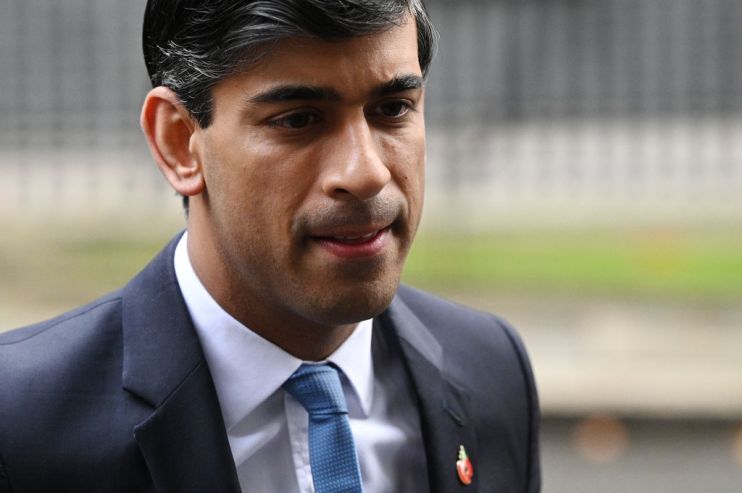Rishi Sunak mulls over a UK corporation tax hike in March Budget

Rishi Sunak is reportedly considering raising corporation tax in the upcoming March Budget in a bid to pay off some of the UK government’s Covid spending bill.
The chancellor is also now expected to increase business support in the 3 March Budget by extending the furlough scheme and Covid business loan programme.
Senior government sources told the Sunday Times that Sunak will also look to increase corporation tax in the Budget if the UK’s Covid vaccine rollout remains on track.
However, Treasury minister Jesse Norman told Westminster’s Treasury Select Committee today that there was no “absolutely obvious” need to raise taxes if the UK economy recovers strongly in the coming months.
The Treasury is also reportedly looking at abolishing stamp duty and council tax, at some point later this year, and instead implement a national property tax.
A senior Whitehall source told The Times that the chancellor saw corporation tax as the most equitable way to raise revenues as it will only hit UK businesses who have made profits.
“Things would have to go pretty badly wrong for us not to begin some consolidation in the budget,” the source said.
However, Norman said today that Budget consolidation may not be needed if the UK economy recovers strongly.
“The optimistic scenario has us returning to the growth path they had anticipated in March and it is not absolutely obviously therefore that there may be any future need for consolidation depending on the view you take of taxes,” he said.
“I was struck in looking at some of the testimony you have been given at some of the remarks of some of the experts. Paul Johnson [of the Institute of Fiscal Studies] said he was not absolutely sure taxes needed to rise and that I thought was quite an interesting external expert view.”
Sunak told City A.M.’s The City View podcast last week that the Treasury’s £280bn Covid spending over the past year was “the right thing to do”, but that “over time” he had to get the nation’s finances back under control.
The Office for Budget Responsibility is predicting a £394bn Budget deficit this fiscal year, which will be seven-times larger than the 2019-20 deficit.
This comes to 19 per cent of annual GDP, which makes the deficit equivalent to the UK’s war-time spend in 1944/45.
Reaction to potential corporation tax rises has been mixed.
Many Tory members and MPs will strongly oppose any move to raise corporation tax, while London’s free market think tanks also cautioned the chancellor against the move.
Institute of Economic Affairs director general Mark Littlewood said a corporation tax hike would be “illogical and counterproductive”.
The Institute for Public Policy Research (IPPR), a progressive think tank, was more supportive of a potential tax rise.
IPPR executive director Carys Roberts said: “A corporation tax rise would be a fair way to help stabilise the public finances after the Covid-19 recession has passed, raising significant tax revenue from business profits and not targeting firms that have struggled during the pandemic.
“While the bulk of tax rises should wait until the recovery is well under way, the tax system is deeply unfair, so it is right that the Chancellor is looking now at how to make it fairer with proposals such as raising corporation tax and replacing stamp duty and council tax with a property tax.”